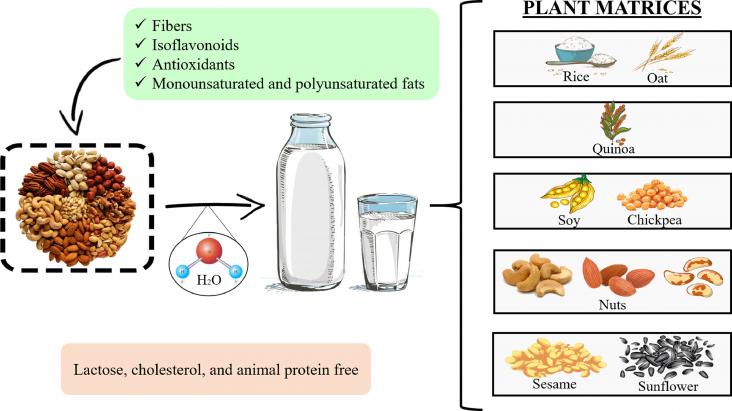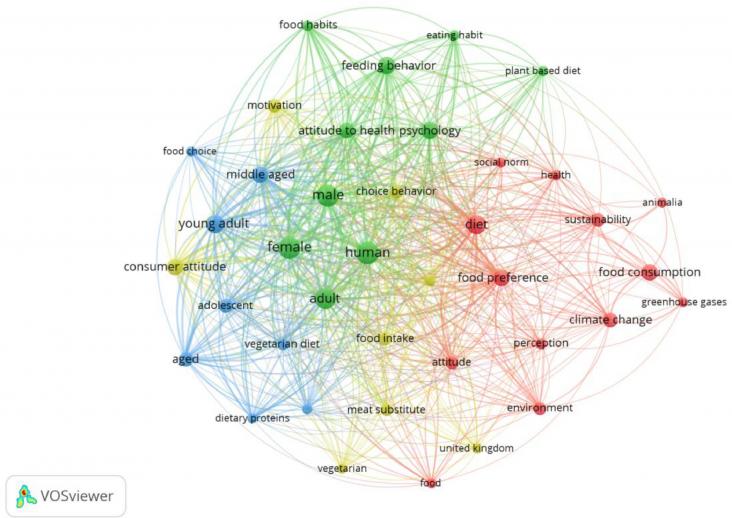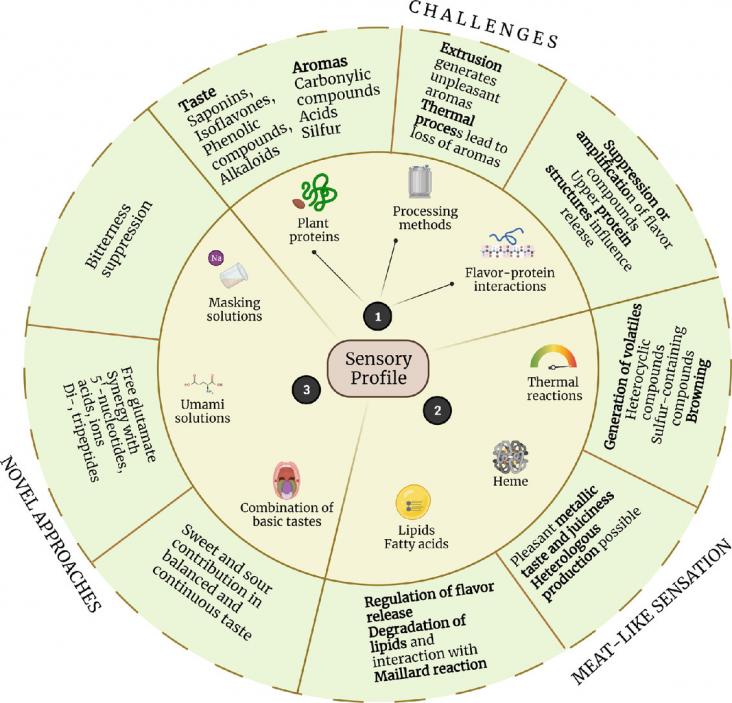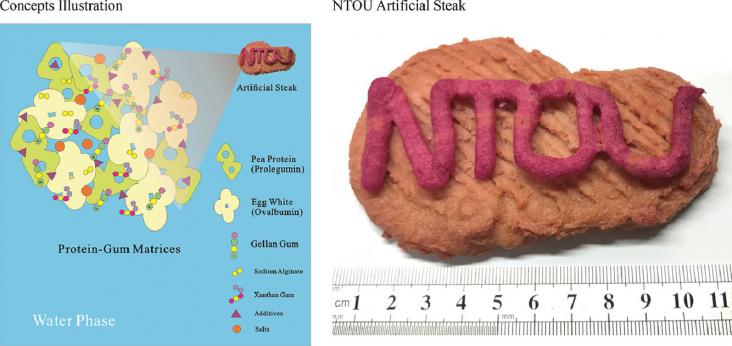This Article supports SDGs 3 and 13 by assessing sea level data for groups of coral. The presence of a shallow-water reef established up or down-slope is indicative of a rapid change in sea level.
RELX SDG Customer Awards aim to recognise RELX customers who share our commitment to driving action in support of the United Nations Sustainable Development Goals. Read more about the 2022 winners.
Elsevier,
Imran Khan, Md. Sahabuddin, Chapter 1 - Sustainability---Concept and its application in the energy sector, Editor(s): Imran Khan, Renewable Energy and Sustainability, Elsevier, 2022, Pages 1-22, ISBN 9780323886680.
This chapter advances the UN SDG goals 7, 11, and 12 by discussing the concept of sustainability as it relates to sustainable energy development, and highlighting the various assessment methods that can be used
Elsevier,
Mahfuz Kabir, Zobaidul Kabir, Nigar Sultana, Chapter 14 - Climate change, sustainability, and renewable energy in developing economies, Editor(s): Imran Khan, Renewable Energy and Sustainability, Elsevier, 2022, Pages 377-415, ISBN 9780323886680, https://doi.org/10.1016/B978-0-323-88668-0.00001-2.
This chapter advances the UN SDG goals 7, 11, and 12 by discussing the challenges and prospects of adopting renewable energy technologies, and making recommendations on the incentives and investment in research and development, market expansion, and the government's pro-active fiscal and monetary policy support to facilitate the rapid expansion of renewable energy in developing economies.

Cow's milk is considered a staple in many diets due to its high nutritional value. It contains almost every nutrient that the human body needs.
Transitioning toward plant-based diets can alleviate health and sustainability challenges.
The availability of food is the basic entity for the survival of human. The resources that make a nation food secured is guided by multiple factors and can be evaluated using a set of indicators.

Several studies have indicated that a global reduction in meat consumption is inevitable for sustainability and public health, despite the challenges inherent to changing eating habits.


